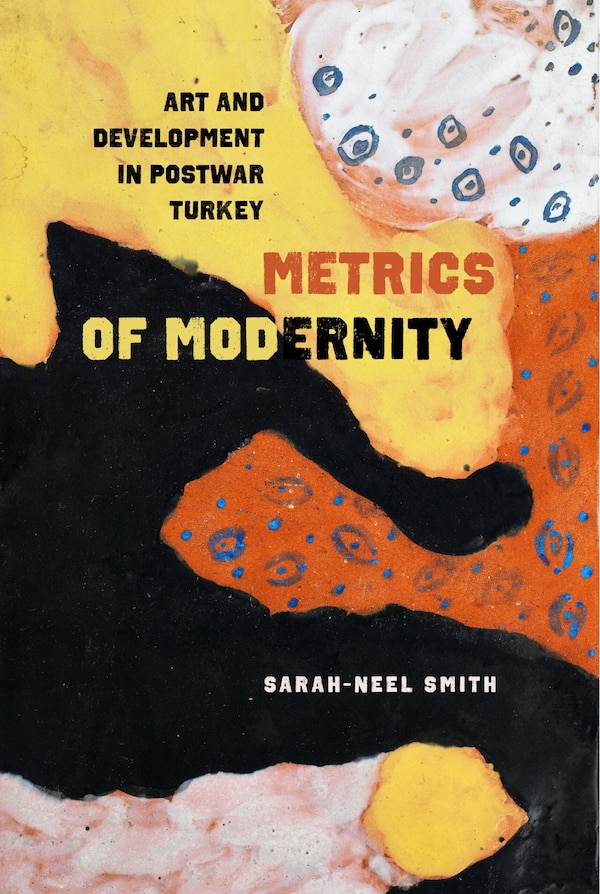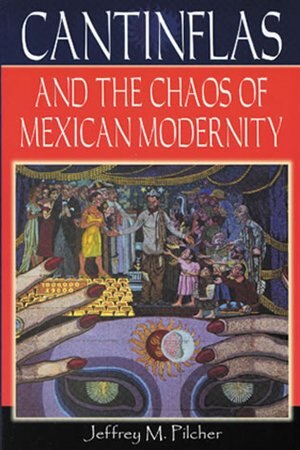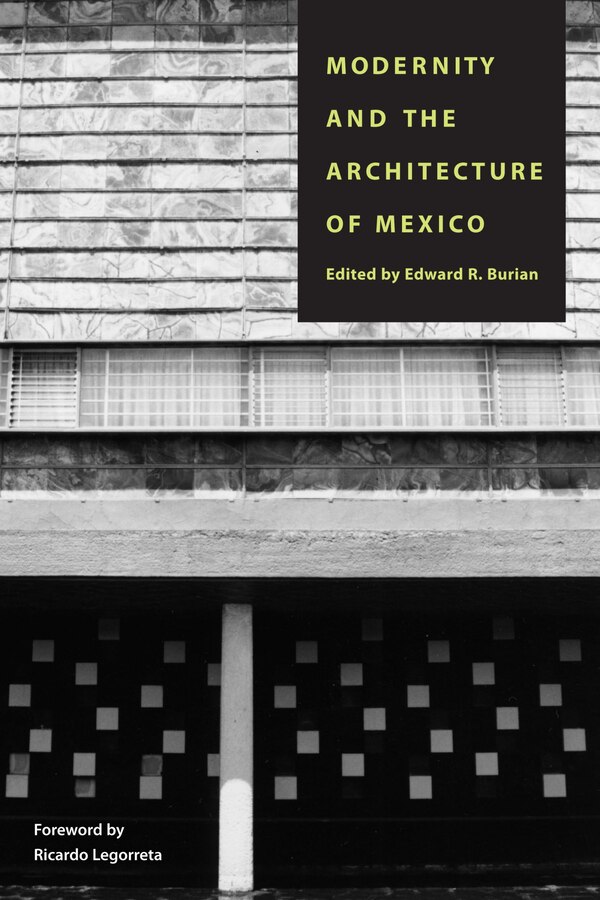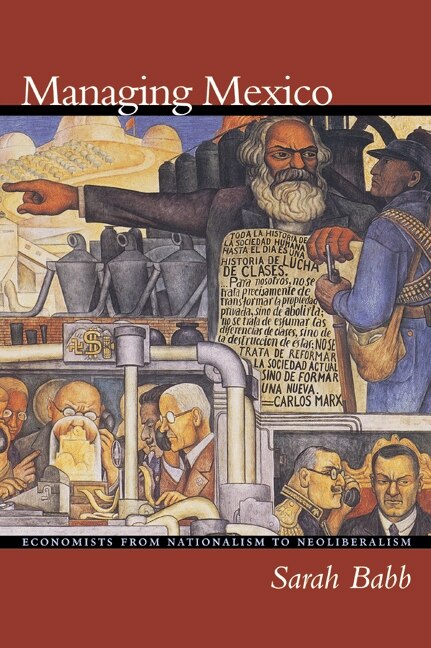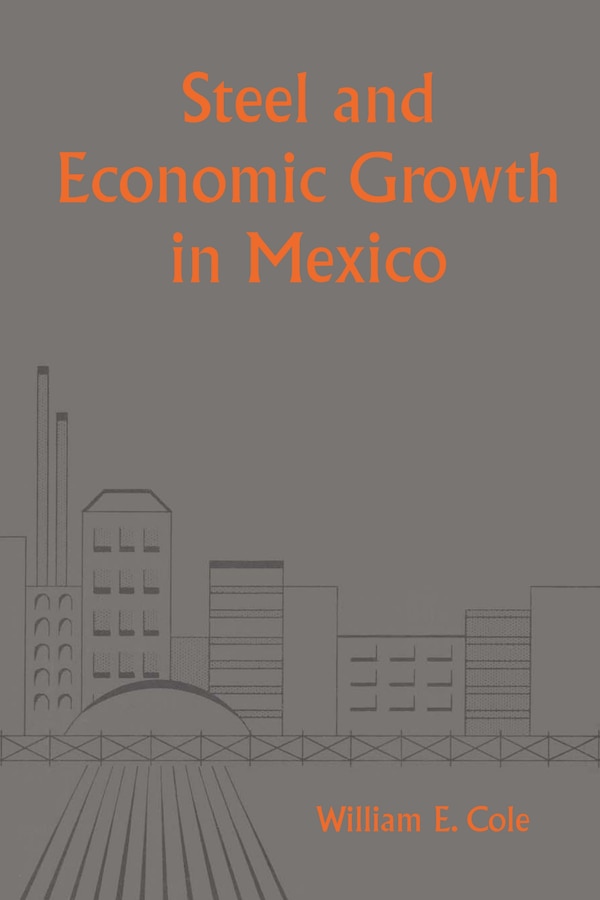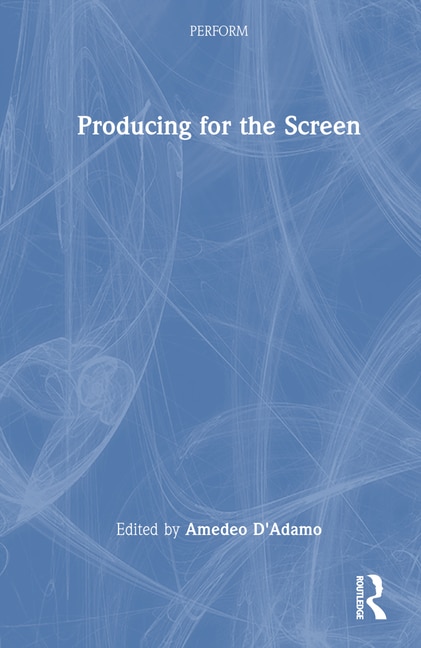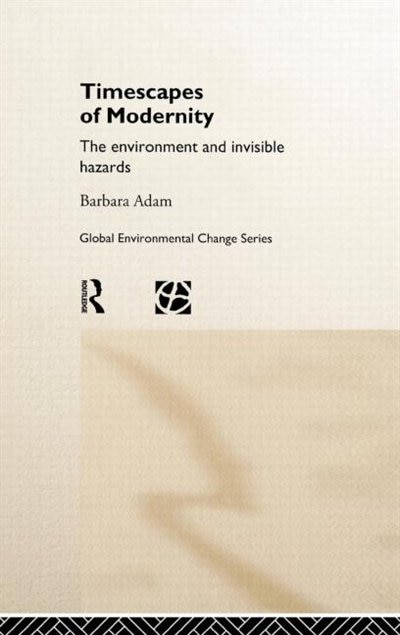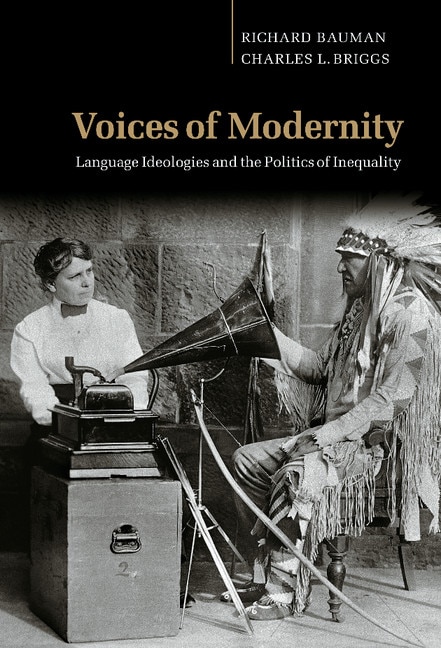
Give the Gift of Choice!
Too many options? Treat your friends and family to their favourite stores with a Bayshore Shopping Centre gift card, redeemable at participating retailers throughout the centre. Click below to purchase yours today!Purchase HereHome
Producing Modernity in Mexico by Sarah Washbrook, Hardcover | Indigo Chapters
Coles
Loading Inventory...
Producing Modernity in Mexico by Sarah Washbrook, Hardcover | Indigo Chapters in Ottawa, ON
From Sarah Washbrook
Current price: $202.95

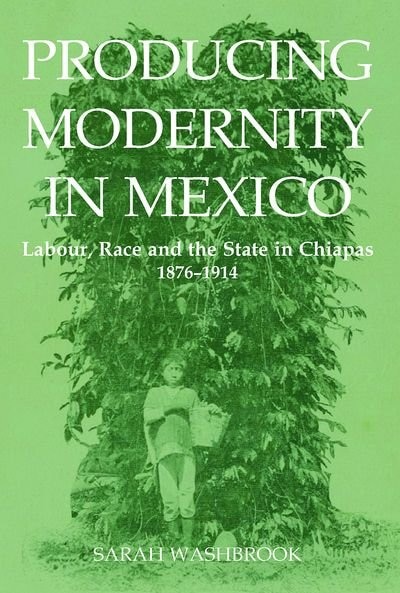
From Sarah Washbrook
Producing Modernity in Mexico by Sarah Washbrook, Hardcover | Indigo Chapters in Ottawa, ON
Current price: $202.95
Loading Inventory...
Size: 2.54 x 24 x 854
*Product information may vary - to confirm product availability, pricing, shipping and return information please contact Coles
Race, ethnicity and gender played an important role in the complex relationship between export agriculture, labour and state power in Chiapas during the regime of Porfirio Diaz (1876-1914). This case study of tropical plantation development and a major regional study of modern Mexico analysesthe politics of state-building and the history of land tenure and rural labour in the state of Chiapas in the period leading up to the outbreak of Revolution in 1910.The book also contributes to the growing history of indigenous peoples in Latin America, examining the changing relationship between Indian groups and non-Indian governments and economic interests in Chiapas during the nineteenth century. In so doing, it addresses questions of tradition, modernity, national state-building, globalisation and the development of capitalism in Latin America. The book argues that colonial caste identities and relations were no impediments to modernisation. Instead, they were modified by liberalism, reinterpreted through the lenses of positivism and scientificracism, and managed through an increasingly centralised state apparatus. Indian communities emerge, then, not solely as oppressed and marginalised, but as an integral part of increasingly centralised state power and as institutions through which growing demands for labour and taxes could be made. Debt peonage, too, was upheld by the liberal state, sanctioned by the law as a natural everyday relationship, and buttressed by traditional patriarchy and gender relationships. Thus, in Chiapas the Porfirian regime recycled and redeployed pre-existing social and political relations, reinventingtradition to serve the purposes of modernisation and progress. Linked to the twin processes of export development and national state-building were racism, the spread of coercive debt peonage, the increasing politicisation of land tenure, camarilla politics, caciquismo and growing regional divisions, which contributed to rising levels of social and political conflict prior to the arrival of northern revolutionary troops in Chiapas in 1914. | Producing Modernity in Mexico by Sarah Washbrook, Hardcover | Indigo Chapters
Race, ethnicity and gender played an important role in the complex relationship between export agriculture, labour and state power in Chiapas during the regime of Porfirio Diaz (1876-1914). This case study of tropical plantation development and a major regional study of modern Mexico analysesthe politics of state-building and the history of land tenure and rural labour in the state of Chiapas in the period leading up to the outbreak of Revolution in 1910.The book also contributes to the growing history of indigenous peoples in Latin America, examining the changing relationship between Indian groups and non-Indian governments and economic interests in Chiapas during the nineteenth century. In so doing, it addresses questions of tradition, modernity, national state-building, globalisation and the development of capitalism in Latin America. The book argues that colonial caste identities and relations were no impediments to modernisation. Instead, they were modified by liberalism, reinterpreted through the lenses of positivism and scientificracism, and managed through an increasingly centralised state apparatus. Indian communities emerge, then, not solely as oppressed and marginalised, but as an integral part of increasingly centralised state power and as institutions through which growing demands for labour and taxes could be made. Debt peonage, too, was upheld by the liberal state, sanctioned by the law as a natural everyday relationship, and buttressed by traditional patriarchy and gender relationships. Thus, in Chiapas the Porfirian regime recycled and redeployed pre-existing social and political relations, reinventingtradition to serve the purposes of modernisation and progress. Linked to the twin processes of export development and national state-building were racism, the spread of coercive debt peonage, the increasing politicisation of land tenure, camarilla politics, caciquismo and growing regional divisions, which contributed to rising levels of social and political conflict prior to the arrival of northern revolutionary troops in Chiapas in 1914. | Producing Modernity in Mexico by Sarah Washbrook, Hardcover | Indigo Chapters
